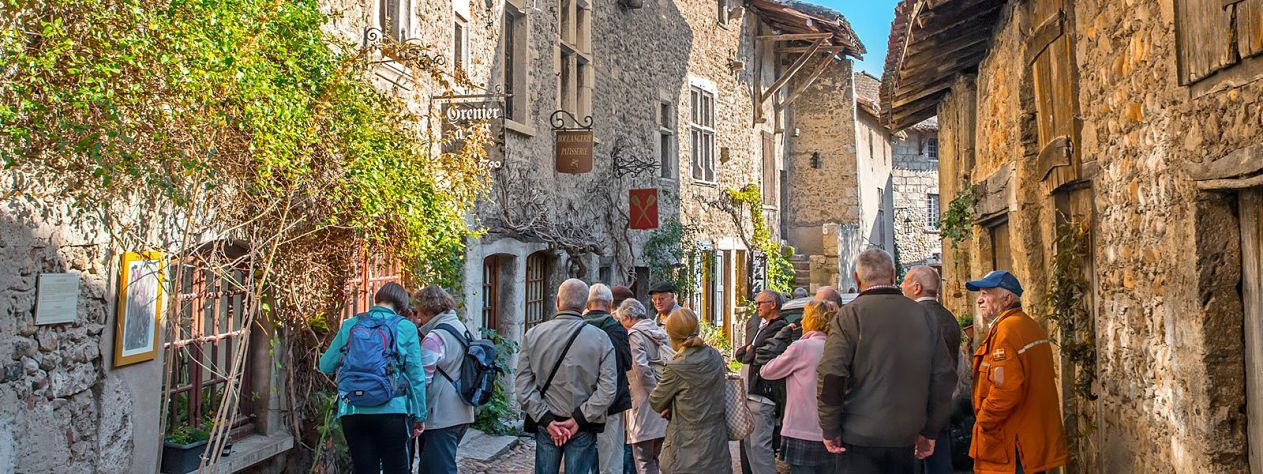Travel for singles over 60 presents unique opportunities for adventure and self-discovery. This burgeoning segment of the travel market is increasingly seeking enriching experiences, tailored to their needs and preferences. From carefully curated itineraries to accessible destinations and safe accommodations, the options for solo travel in later life are more diverse and appealing than ever before. This guide explores the planning process, highlighting key considerations for safe, fulfilling, and memorable journeys.
Whether you envision exploring vibrant European capitals, embarking on a relaxing cruise, or immersing yourself in the rich culture of a far-off land, planning is key to a successful trip. This article delves into the practical aspects of solo travel for seniors, addressing everything from transportation and accommodation choices to budgeting and health considerations. We’ll also explore the social aspects of solo travel, suggesting ways to connect with fellow travelers and make new friends along the way.
Destinations Ideal for Solo Travelers Over 60: Travel For Singles Over 60
Planning a solo trip after 60 offers a unique opportunity for self-discovery and adventure. Choosing the right destination is key to ensuring a safe, comfortable, and enriching experience. Factors such as accessibility, safety, and cultural appeal should be carefully considered.
Ideal Destinations for Solo Travelers Over 60
The following table highlights five destinations well-suited for solo travelers over 60, focusing on accessibility and safety features. These locations offer a blend of cultural immersion and ease of navigation, making them ideal for independent exploration.
| Destination | Accessibility Features | Safety Considerations | Suggested Activities |
|---|---|---|---|
| San Sebastian, Spain | Generally flat terrain, well-maintained sidewalks, accessible public transportation | Low crime rate, well-lit streets, readily available emergency services | Exploring the Old Town, enjoying pintxos (Basque tapas), relaxing on La Concha beach |
| Quebec City, Canada | Many historic buildings are accessible, good public transportation, relatively compact city center | Safe and welcoming city, low crime rate, English and French widely spoken | Walking tours of Old Quebec, visiting the Citadelle, exploring the Plains of Abraham |
| Florence, Italy | Many museums offer wheelchair access, accessible public transportation (buses and trams), paved walkways in most areas | Generally safe, but be mindful of pickpockets in crowded areas, emergency services readily available | Visiting the Uffizi Gallery, exploring the Duomo, enjoying a cooking class |
| Kyoto, Japan | Well-maintained public transportation, generally flat terrain in many areas, many temples and gardens with accessible pathways | Very safe city, low crime rate, helpful and polite locals | Visiting temples and shrines, exploring traditional gardens, attending a tea ceremony |
| Charleston, South Carolina, USA | Many historic sites offer wheelchair access, accessible public transportation, relatively flat terrain in many areas | Safe and welcoming city, low crime rate, English widely spoken | Walking tours of the historic district, carriage rides, visiting plantations |
Destinations Offering Senior-Specific Discounts or Packages, Travel for singles over 60
Many destinations cater specifically to senior travelers, offering discounted rates and specialized packages. Three examples include:
Several cruise lines offer significant discounts for travelers over 60, often including all-inclusive packages covering meals, onboard activities, and shore excursions. These packages can simplify travel planning and offer excellent value.
Many hotels and resorts worldwide offer senior discounts, often providing reduced rates during the off-season or for extended stays. Booking directly with the hotel or through senior-focused travel agencies can yield significant savings.
Several tour operators specialize in creating itineraries tailored for senior travelers, incorporating slower paces, fewer strenuous activities, and accessible accommodations. These tours often include guided excursions and transportation, eliminating the need for independent planning.
Cultural Aspects of Contrasting Destinations
The cultural experiences offered by different destinations greatly impact their appeal to mature solo travelers.
San Sebastian, Spain: Offers a vibrant culinary scene, renowned for its pintxos (Basque tapas). The city’s rich history and architecture, coupled with its relaxed atmosphere, create a captivating blend of culture and relaxation. The emphasis on community and social interaction makes it easy to meet locals and fellow travelers.
Kyoto, Japan: Provides a stark contrast, offering a deep immersion into traditional Japanese culture. The serene beauty of its temples, gardens, and tea houses offers a tranquil escape. The emphasis on politeness and respect creates a welcoming environment for solo travelers, allowing for quiet contemplation and cultural exploration.
Health and Wellness Considerations

Planning a solo trip over 60 requires careful consideration of health and wellness. Maintaining good health while traveling independently is crucial for a safe and enjoyable experience. Proactive steps taken before, during, and after the journey can significantly reduce potential risks and ensure a fulfilling adventure.
Common Health Concerns and Preventative Measures
Addressing potential health issues before they arise is paramount for solo senior travelers. Ignoring these concerns can lead to unforeseen complications that could severely impact the trip. The following points highlight five common health concerns and practical preventative measures.
- Heart Conditions: Heart problems are a significant concern for older travelers. Preventative measures include consulting a physician before travel to obtain clearance and any necessary medications. Maintaining a regular exercise routine before and during the trip (as appropriate for individual fitness levels), following a heart-healthy diet, and avoiding excessive alcohol consumption are also vital. Consider travel insurance that covers medical emergencies.
- Falls and Injuries: Falls are a common cause of injury among older adults. To mitigate this risk, ensure good footwear with adequate support, maintain good posture, and be mindful of uneven surfaces. Consider using walking sticks or canes if needed. Inform your travel companions (if any) or hotel staff of your travel plans and contact information.
- Medication Management: Managing medications while traveling can be challenging. Carry all necessary medications in their original containers, with clear instructions. Pack enough medication for the entire trip, plus a few extra days’ supply in case of delays. Keep a list of your medications and their dosages readily available.
- Chronic Conditions: Individuals with pre-existing conditions, such as diabetes or respiratory issues, need to take extra precautions. Consult your doctor for travel advice specific to your condition. Pack any necessary equipment, such as inhalers or glucose monitors, and ensure you have a plan for managing your condition while away from home.
- Heatstroke and Dehydration: Older adults are more susceptible to heatstroke and dehydration, especially in hot climates. Stay hydrated by drinking plenty of water throughout the day, and avoid strenuous activity during the hottest parts of the day. Wear light-colored, loose-fitting clothing and seek shade when possible. Monitor your body temperature and seek medical attention if you experience symptoms of heatstroke.
Packing a Comprehensive First-Aid Kit
A well-stocked first-aid kit is essential for any traveler, but particularly for solo seniors. It should contain items to address minor injuries and ailments, providing immediate care until professional medical assistance can be obtained.
- Pain relievers: Ibuprofen or acetaminophen for pain and fever.
- Antihistamines: For allergic reactions.
- Anti-diarrheal medication: To manage upset stomachs.
- Bandages and antiseptic wipes: For cuts and scrapes.
- Motion sickness medication: If prone to motion sickness.
- Prescription medications: With a copy of the prescription.
- Thermometer: To monitor temperature.
- Tweezers and scissors: For removing splinters or cutting bandages.
Accessing Healthcare Services Internationally
Accessing healthcare services as a solo senior traveler internationally requires careful planning. Before departure, research healthcare options at your destination, including the location of hospitals and clinics. Consider purchasing comprehensive travel insurance that covers medical emergencies and evacuations. Keep a list of emergency contacts, including your local embassy or consulate. Familiarize yourself with local emergency numbers.
Carrying a copy of your medical history and a list of your allergies and current medications is highly recommended.
Embarking on a solo adventure after 60 offers a chance to reconnect with oneself, explore new horizons, and create lasting memories. By carefully considering the practicalities, prioritizing safety, and embracing the opportunities for social connection, mature solo travelers can unlock a world of enriching experiences. With thorough planning and a spirit of adventure, the journey promises to be both rewarding and unforgettable.
Remember to prioritize your well-being, choose destinations that align with your interests and capabilities, and embrace the freedom of solo exploration.
Do not overlook the opportunity to discover more about the subject of military family vacations.


